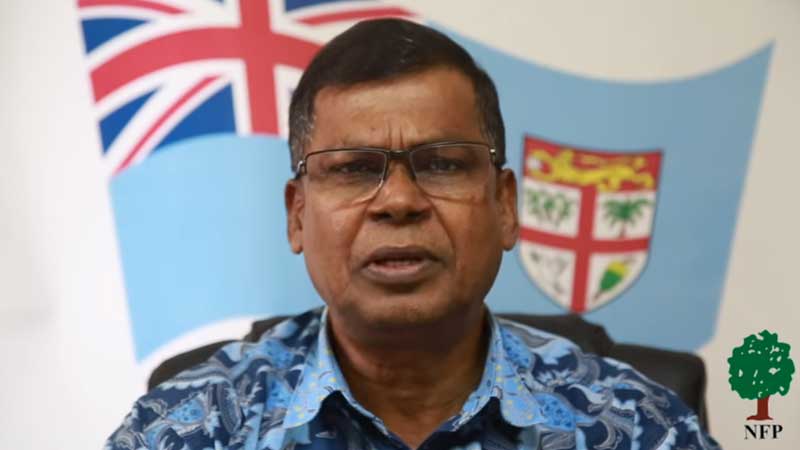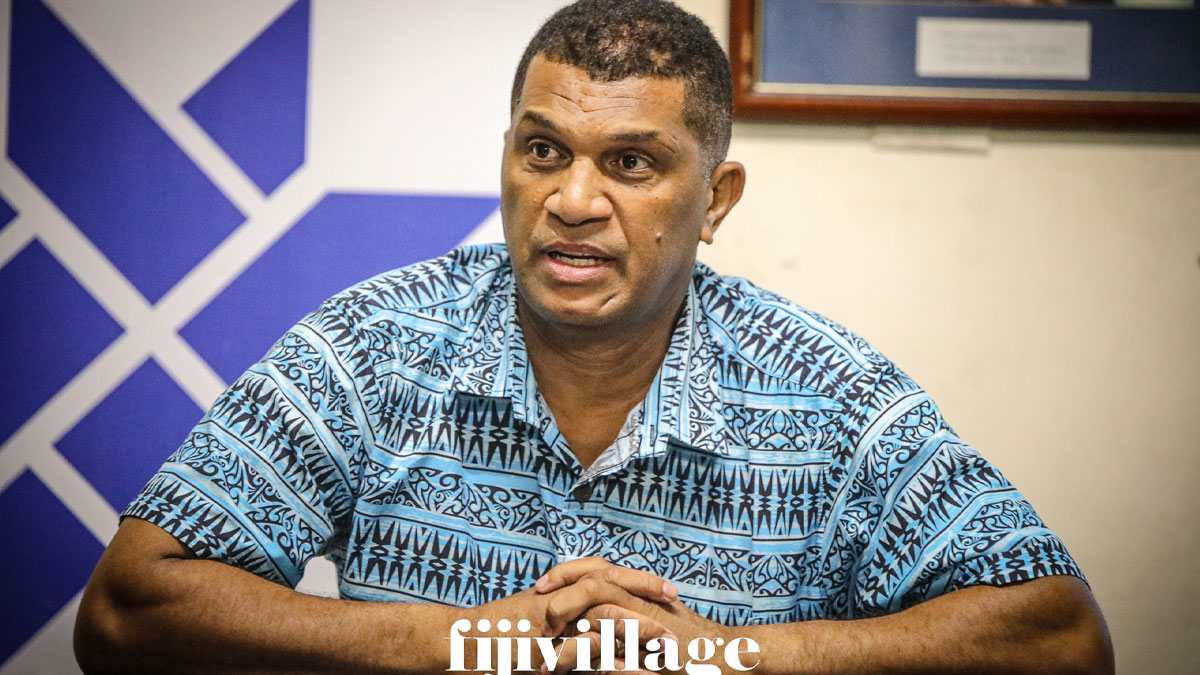
National Federation Party Leader, Professor Biman Prasad is calling on the World Bank to focus on real poverty that is strangulating at least 50% of our population instead of suspiciously revising poverty statistics downwards in the pre-COVID 2019-20 Household Income and Expenditure Survey Report.
He has made this comment following a statement by the World Bank that Fiji’s national poverty rate for 2019-20 is now estimated at 24.1%, compared to 29.9% previously recorded. It says this change affects consumption-based poverty estimates based on the Household Income and Expenditure Survey.
In a statement on Monday, the World Bank stated the household consumption estimates in Fiji’s 2019-2020 Household Income and Expenditure Survey have been updated to account for revised estimates on spending on non-food items such as utilities, communications, domestic services and education.
While reacting to this statement, Prasad says it is incredulous that the World Bank took 8 months to revise the poverty rate downwards by re-engineering the findings in the survey to include consumption aggregate of non-food items before COVID.
He says to seemingly collude with the FijiFirst Government and fulfill its wishes is useless because the reality on the ground is starkingly different to what was pre-COVID.
The NFP Leader says the World Bank should not camouflage the reality by using another method to reduce poverty rate.
Prasad says this act reeks of deep suspicion and is in conformity to the warped logic of the FijiFirst Government and its bragging of the so-called Bainimarama Boom based on consumption at a time when prices of both food and non-food items had hit the roof.
He says the reality on the ground was vastly different from what the World Bank claims as in 2019, the economy was declining and the already high prices of food and other goods was draining the people’s pockets and savings.
Prasad adds naturally higher prices would reflect greater consumption but that is not the yardstick by which real poverty is measured as it is based on income and income data in Fiji has always been reliable and readily available to statisticians.
The NFP Leader further says by revising the consumption data, the World Bank has effectively trashed the 2019-20 Household Income and Expenditure Survey Report.
Prasad says this government and international agencies it has befriended can do all they can to paint a rosy picture of the state of poverty, education, health, cost of living, debt, infrastructure and the economy however the reality of the matter is their time is up.
When contacted, the World Bank says they have nothing further to add beyond their statement that was sent earlier this week.
The World Bank had said on Monday that the discrepancy in the coding was identified by the World Bank’s Poverty and Equity Global Practice Team during a cross-check review exercise to ensure Fiji’s Survey remains in-line with international practices.
It says they regret that this error was not identified earlier.
The review identified that in the consumption aggregate estimated from the 2019-20 Survey, expenditure on four non-food categories: utilities (electricity, gas, water, garbage collection), communications (telephone, TV, internet and postal) domestic services and education (including school fees and books) was only included for households that spend on all sub-categories.
The revised expenditure measures now represent total spending on any of these items, bringing these figures in line with international standards.
The change has resulted in household consumption figures being revised upwards for most Fijian households, with non-food consumption originally representing 4 percent of total household consumption, now accounting for 11%.
Fiji's national poverty line remains virtually unchanged at (FJ$2179.4 in the original, compared to FJ$2179.5 in the revision), due to the relatively uniform distribution of non-food expenditures among the households in the original and revised reference groups used to calculate the poverty line.
Poverty estimates have now been revised downwards in both urban and rural areas. The revised poverty rate for the rural areas is 36.5%, down from the original 41.5% while the rate for urban areas is 14%, down from the original 20.4%.
The World Bank says it should be noted that the 2019-20 poverty estimates are based on consumption per capita and cannot be compared directly to 2013-14 poverty measures which were based on income.
Stay tuned for the latest news on our radio stations


